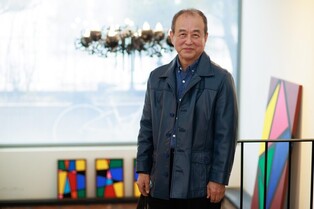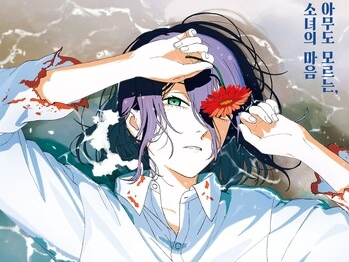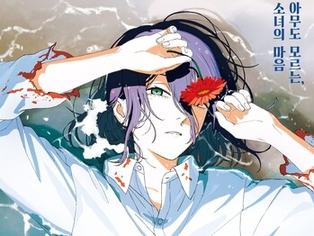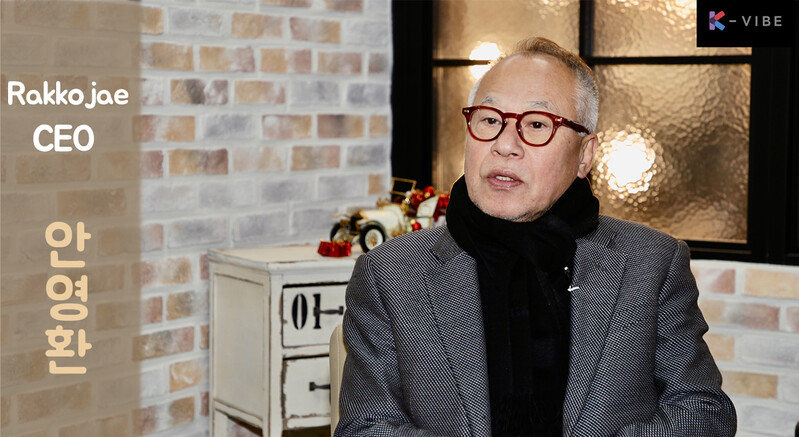 |
[K-People] Rakkojae hotelier vows to rekindle hanok fever in Andong
By Kim Ji-sun
SEOUL, Dec. 29 (Yonhap) -- "Hanok is a vessel for Hallyu. We hope our guests can experience the roots of K-culture at our hotel."
Ahn Yeong-hwan, CEO of hanok hotel Rakkojae, sat for an interview on Tuesday at Yonhap News Agency in Jongno-gu, Seoul. The 66-year-old chief said his lifelong masterpiece was coming next spring.
“Rakkojae Hahoe Hanok Hotel & Resort,” scheduled to open in Hahoe Village in Andong, North Gyeongsang Province, where Nakdong River winds its way.
Each of the 20-some lodgings has unique shape, with some faithfully reproducing elements like Buyongjeong Pavilion and the pond (Buyongji) in front of it, taking references from Changdeokgung Palace. The architectural plan is to capture the lifestyle of the upper class during the Joseon Dynasty, as seen in Yeongyeongdang and Naksunjae.
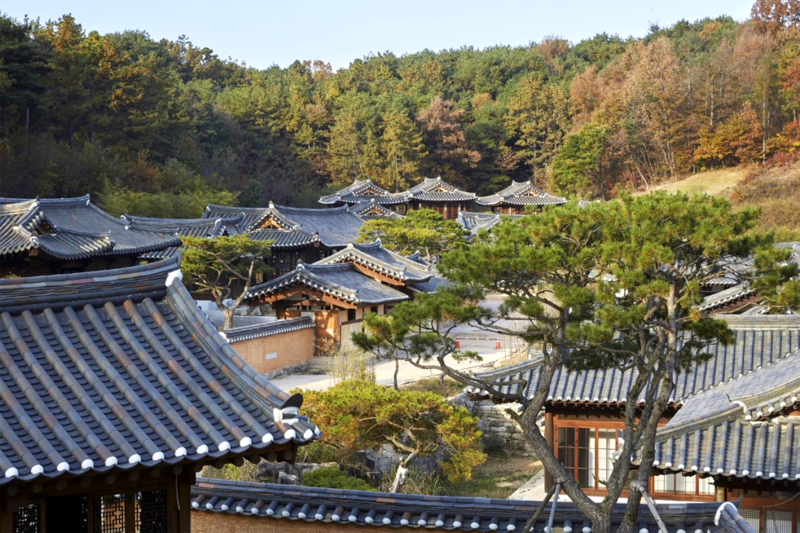 |
| ▲ [photo provided by Rakkojae] |
Rather than connecting buildings with corridors, they are spaced apart in a detached-house style, preserving the unique beauty of hanok and harmonizing with nature.
Artifacts, including the stone seal greeting guests at the hotel entrance and various items decorating the rooms, are cultural treasures collected directly by Ahn over a long period, providing an experience akin to visiting a museum just by taking a stroll.
While maintaining the traditional appearance of Hanok on the outside, the interiors are designed for the convenience of guests. The “ondol culture” adds to the delight, allowing guests to roast sweet potatoes at the fireplace in the living room.
Rakkojae's independently developed heating system allows guests to sit on the porch and enjoy the view even in winter, which is modeled after the nearby Byeongsanseowon, considered a masterpiece of Korean Confucian architecture.
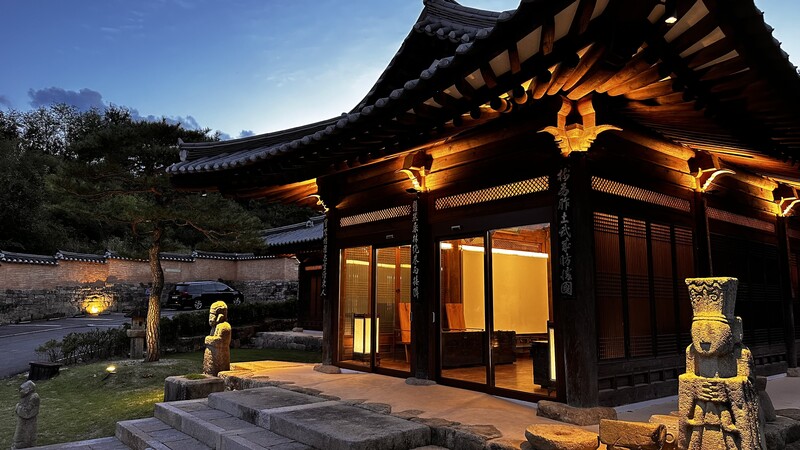 |
| ▲ This photo, taken in fall of 2023 by photographer and film producer Kim Min-kyu, shows Rakkojae. (PHOTO NOT FOR SALE) (Yonhap) |
Ahn paid attention not only to the “hardware” of Hanok but also to the “software.”
Local foods made from regional specialties like fake jesa rice, dried pollack, Andong beef, and Andong soju form the basis of the dining experience. Guests are served salads made from organic vegetables harvested directly from the garden, and personalized diets based on body constitution diagnosis are offered for health.
Special services are also provided in line with the characteristics of Hahoe Village, considered the essence of Confucian culture.
A separate space is prepared for guests to pay respects to their ancestors by bowing to the ancestral table meticulously arranged by the hotel staff. Ahn jokingly said, "Housewives will eagerly await the ritual day."
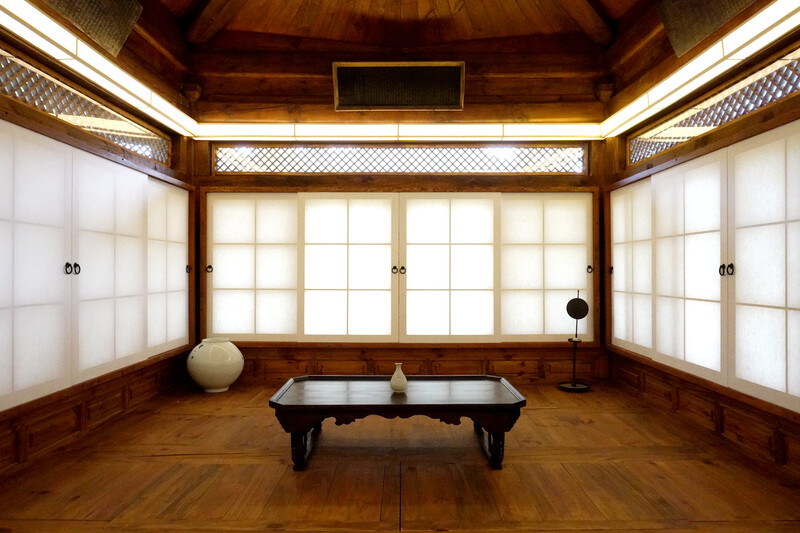 |
| ▲ [photo provided by Rakkojae] |
A notable aspect that hints at Ahn's love for Andong is his early decision to move the business address to the local area to pay local taxes.
The connection between Ahn and hanok dates back over 40 years.
Returning after working as a computer engineer in the United States, he inherited the family business of real estate and, in 2003, acquired the old hanok property of Jindan Society in Gaehwa-dong, Jongno-gu, to launch his first Korean-style hanok hotel, “Rakkojae Seoul Main Hanok.”
While operating traditional experience programs for foreign tourists, he faced frequent complaints about discomfort issues like bathrooms and heating.
Subsequently, he opened “Rakkojae Hahoe Village,” a detached house in the shape of a thatched house, followed by “Rakkojae Bukchon Guesthouse” in Bukchon Hanok Village and “Rakkojae Culture Lounge Aegahon.”
He said, "In hanok, the blueprint accounts for 30 percent, and the rest depends on the owner." Struggling with trial and error on-site, where the envisioned picture did not come out as planned and the construction was already completed, he also had to pay a hefty tuition fee.
Through this process, he accumulated his own know-how by applying modularization to hanok and utilizing underground spaces.
Establishing the Rakkojae School of Carpentry as an affiliated institution, he is at the forefront of hanok popularization, educating carpenters who build hanoks such as main houses and auxiliary buildings through hands-on training at actual construction sites.
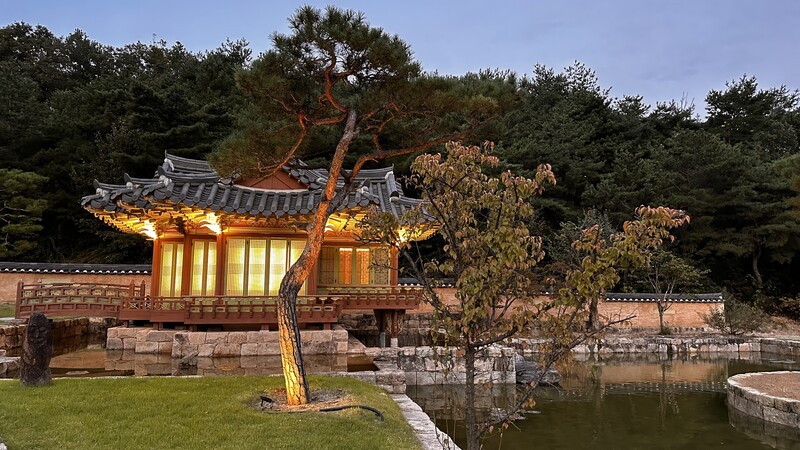 |
| ▲ This photo, taken in fall of 2023 by photographer and film producer Kim Min-kyu, shows Rakkojae. (PHOTO NOT FOR SALE) (Yonhap) |
Ahn's greatest charm of hanok, according to the hotelier, lies in its naturalness.
Compared to China, which overwhelms with scale, and Japan, which competes through detail, Korean traditional architecture may appear visually behind. However, he explained that “pungryu,” represented by "chagyeong," meaning “borrowing the scenery for a while,” is a unique charm that cannot be imitated by anyone.
Ahn said, "Renowned architects from various countries who stay in hanoks do not find it boring or tiring." He introduced hanok as reaching the pinnacle by transcending artificial and pretentious elements, becoming one with nature.
He hoped that, like European castles, the value of hanok would increase over time, contributing to the utilization of valuable cultural heritage for future generations.
As he has not left anything untouched, from the color of the roof tiles to the size of the stones and the position of pine trees, Ahn wishes to be called a “hanok installation artist.”
As a lifelong endeavor to promote Korea's beauty to the world, Ahn, who poured his entire life savings into hanok hotels, said his next move is to donate an indoor hanok to the Korean gallery within an overseas museum. He said, in order to properly preserve the hanok legacy, a scholar's room, or "sarangbang," must be furnished with a desk with paper, brush, ink stick and ink stone -- the four tools of calligraphy -- a layout specific to Confucian scholars.
sunny10@yna.co.kr
(**This article is a word-to-word translation from an original Yonhap article written in Korean.)
(C) Yonhap News Agency. All Rights Reserved


















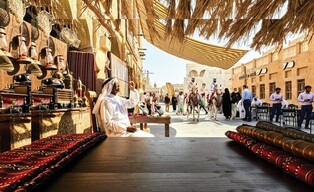




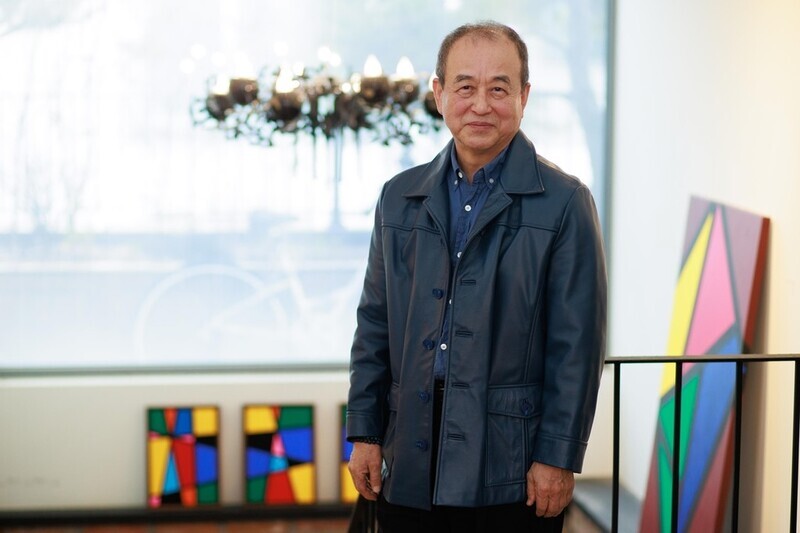

![[가요소식] 보이넥스트도어, 신보로 3연속 밀리언셀러 달성](/news/data/20251025/yna1065624915905018_166_h2.jpg)
